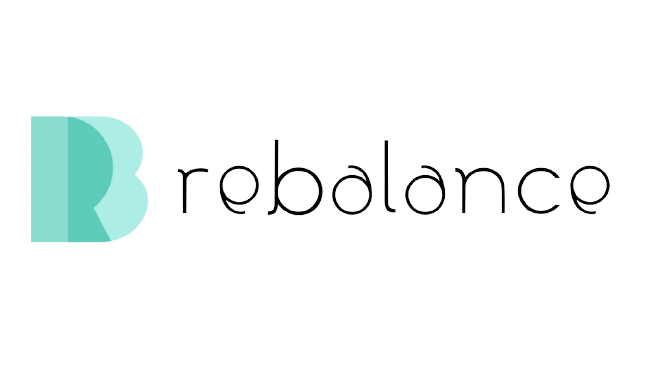The Future of AI in Mental Health Care
Before we get into the topic of artificial intelligence (AI) meeting the realm of mental health care. We must understand that AI isn’t just about algorithms and data; hidden behind the scenes are stories, personalized interventions, and promises of a brighter future.
Picture this: a future where mental health care isn't one-size-fits-all but tailored to your unique needs. That's the dream that AI is helping turn into reality. The National Center for Biotechnology Information (NCBI) points out how AI can analyze everything from your genes to your lifestyle, crafting personalized treatments that can truly make a difference.
Intelligent Digital Therapies
Forbes chimes in on the rise of intelligent digital therapies. From chatbots to virtual reality, AI is shaping the future of mental health support. Imagine a veteran battling PTSD, finding solace in virtual reality therapy guided by AI algorithms. It's not just a cool tech experience; it's a lifeline for those navigating complex mental health journeys.
WHO Study on AI in Mental Health Research
The World Health Organization (WHO) is also on board, studying how AI can be a superhero in the early detection of mental health disorders. For instance, a college student in distress can use AI to flag concerning patterns in one’s online communication, triggering timely intervention and connecting one to crucial mental health resources.
AI-Powered Diagnosis and Treatment
Techopedia wonders if AI-powered diagnosis and treatment are the future of mental health support. Picture a community clinic with limited resources. AI steps in, analyzing patient data to generate personalized treatment recommendations, not to replace therapists but to empower them. It's a win-win that showcases the potential of AI even in challenging environments.
Breaking Barriers with Virtual Reality Therapies
VR therapies, guided by AI, are breaking barriers in traditional approaches. The immersive experience coupled with intelligent feedback provides a unique avenue for therapeutic progress, offering individuals a chance at healing.
Early Intervention for Suicidal Ideation
AI's ability to read between the lines goes beyond impressive algorithms. In the WHO's study, we learn about those whose distress signals were detected online. AI wasn't just a tech feature; it was a lifeguard, ensuring one got the help they needed.
Empowering Therapists with AI-Assisted Insights
But it's not just about individuals. It's about empowering mental health professionals too. For example, a community clinic where AI assists therapists by analyzing patient data, streamlining decision-making, and improving overall treatment outcomes. It's a collaborative dance between humans and technology, creating a harmonious symphony in mental health care.
As we navigate this evolving landscape, it's not just about algorithms and data points; it's about resilience and the unwavering belief that a better mental health future is within our grasp. Let's look forward to a future where mental health care is not just a service but a compassionate companion on the road to well-being.

